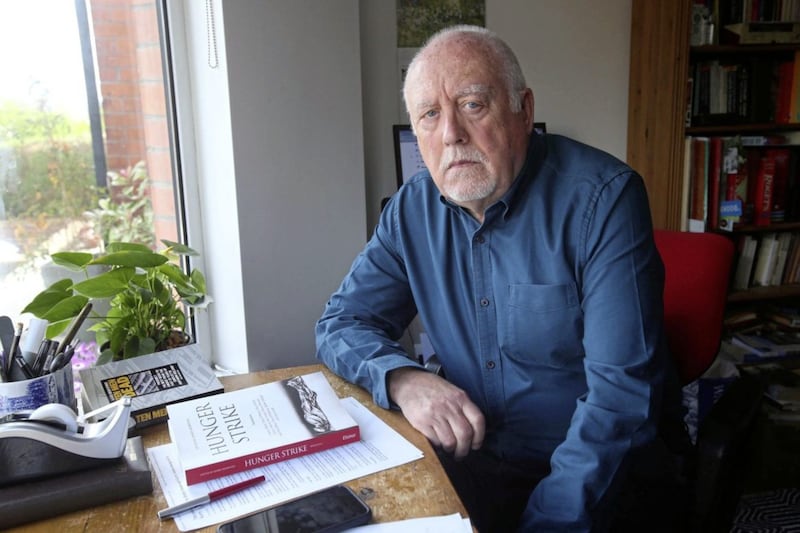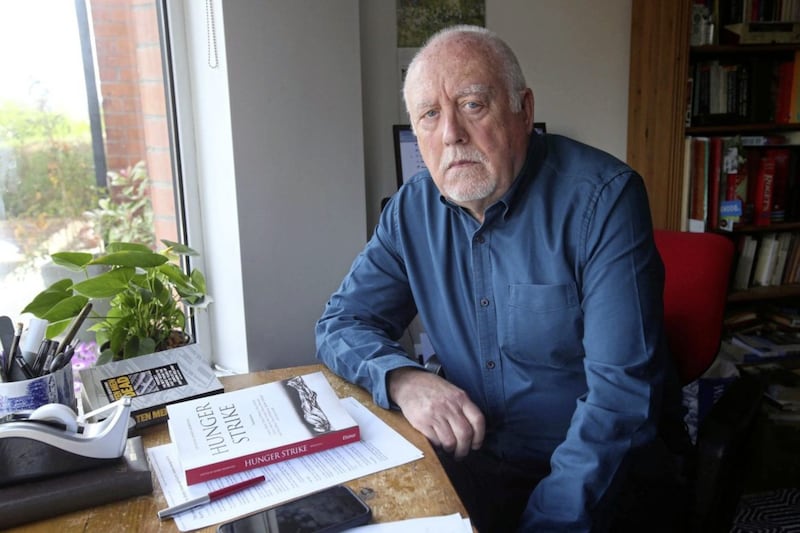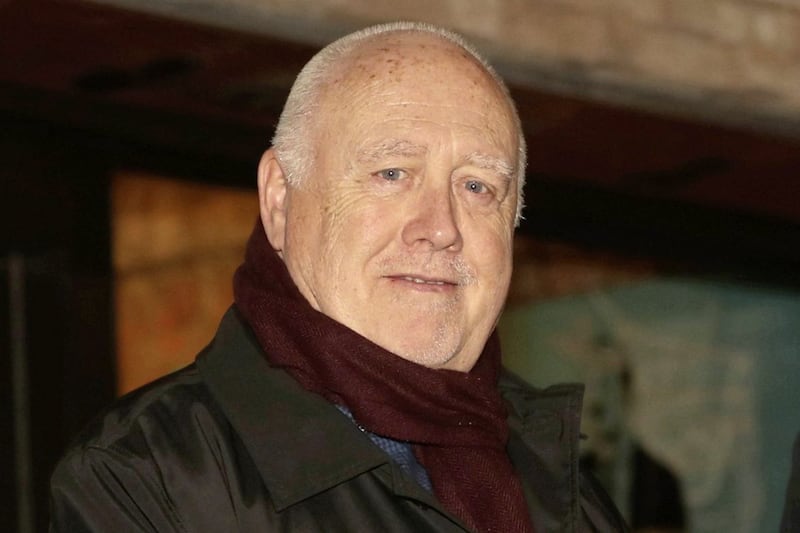PLANS by the British government to write its own "history" of the Troubles is a reaction to the examination of the part its forces played in the conflict it has been claimed.
It was reported at the weekend that Secretary of State Brandon Lewis has drawn up proposals to establish a new "historical record" spanning from the 1960s to the signing of the Good Friday Agreement in 1998.
The London-based Telegraph newspaper has reported that, according to multiple sources, the plan being discussed in Downing Street "would help to guard against what some ministers believe to be creeping revisionism around the role of the IRA and the atrocities it committed".
It is also claimed any project would focus on the role of the British government and its armed forces.
Details of the proposals have been floated as the Westminster government prepares to introduce a Troubles amnesty and end all civil cases and inquests.
Former Sinn Féin director of publicity Danny Morrison last night said recent investigations into the exact role the British played in the conflict have prompted the latest move.
He referenced the hard-hitting documentary Unquiet Graves, which examined the activities of the Glenanne Gang.
It is estimated that dozens of Catholics were murdered by the notorious loyalist gang that included members of the RUC, UDR and UVF.
"Since the IRA ceasefire I think people have been able to look at the conflict much more objectively," he said.
"For example RTÉ put that film on by Sean Murray (Unquiet Graves) - documentaries like this and exposure of collusion upended the narrative that the IRA was the driving force behind the conflict."
He also referred to the Stevens Inquiry report into collusion.
"We have had the Stevens report into collusion suppressed, we were told it would be public and he was only allowed to publish 17 pages out of 3,000 pages in his report," he said.
"If you were to look at the killings by the loyalists, the RUC, the UDR and the British army under the rubric of killings on behalf of the state, in support of the state and the status quo, the statistics of the conflict then look a lot different."
Mr Morrison suggested that the Dublin government's removal of Section 31 restrictions, which banned republicans from the airwaves, has had an impact on people's understanding of the Troubles.
"This is a reaction to the fact that certainly across Ireland, now that Section 31 is gone, that suppressed news in the 26 counties, they are now following the situation much more closely," he said.
"They are seeing documentaries like that Sean Murray one and other documentaries, and I think the British government and unionist parties are bristling at this.
"They wanted to claim the moral high ground and they don't occupy the moral high ground because there is more than one side to every story."
A UK government spokeswoman said it "remains committed to bringing forward a package of measures to deal with the legacy of the Troubles that will deliver for all communities".








